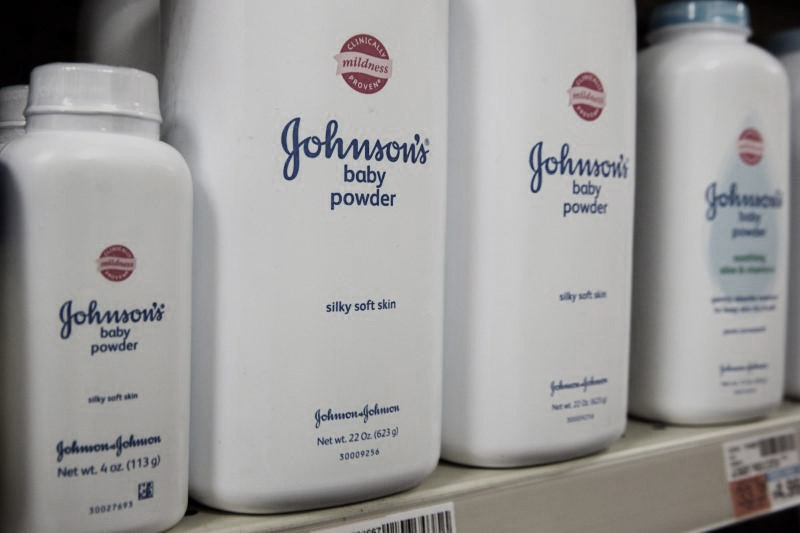A New Jersey court has ordered pharmaceutical and manufacturing giant Johnson & Johnson to pay $37 million in compensatory damages and a further $80 million in punitive damages, to plaintiff Stephen Lanzo III and his wife.
Mr Lanzo claims he developed mesothelioma, a disease caused by inhaled asbestos fibres reaching the lung’s pleural coverings, from using Johnson & Johnson products he used between 1972 to 2003.
The products he says are responsible - Johnson & Johnson’s Shower to Shower and Johnson & Johnson's Baby Powder - both contain talc.
Talc is a naturally occurring grey mineral made of hydrated magnesium silicate that generally forms near or beside asbestos deposits. It is a common ingredient in personal care products like baby powder and make-up and this Johnson & Johnson case is not the first time asbestos has been found in talc used in consumer grade products.
Predictably, Johnson & Johnson have denied claims that their talc based products contain any asbestos fibres, with their lawyer even going as far as to suggest that Mr Lanzo could have been exposed to asbestos through the pipes in his childhood home. However, the jury did not agree with this hypothesis and ruled to award the plaintiff with damages after just one day of the trial.
If Johnson & Johnson’s denial tactics sound oddly familiar, that's because they, unfortunately, are. As we saw in the case of fashion accessory chain Claire’s, which we previously covered, it is common for companies accused of selling products contaminated with asbestos fibres to fiercely deny such claims, even in the face of compelling evidence.
Fortunately, it seems these denial tactics employed by companies like Johnson & Johnson and Claire’s aren’t working long term, with Johnson & Johnson currently facing over 6,600 more lawsuits related to its talc based products.
Make-up products sold by fashion accessory chain Claire's have been found to contain asbestos
In Australia, asbestos has been banned since 2003; however, it is a different story over in the United States, where the Johnson & Johnson case took place.
Troublingly, there are currently no federal regulations in the US that requiring that talc used in consumer grade products, such as baby powder or make-up, is asbestos free and the FDA (Food and Drug Administration) can only take action if there is sound evidence that shows that such products are harmful.
Although, as Australia’s legacy problems with asbestos show, banning asbestos may not be a catch-all solution, it is an essential starting point to an asbestos free future.





